
Maria Temming
Assistant Editor, Science News Explores
Previously the staff writer for physical sciences at Science News, Maria Temming is the assistant editor at Science News Explores. She has undergraduate degrees in physics and English from Elon University and a master's degree in science writing from MIT. She has written for Scientific American, Sky & Telescope and NOVA Next. She’s also a former Science News intern.

Trustworthy journalism comes at a price.
Scientists and journalists share a core belief in questioning, observing and verifying to reach the truth. Science News reports on crucial research and discovery across science disciplines. We need your financial support to make it happen – every contribution makes a difference.
All Stories by Maria Temming
-
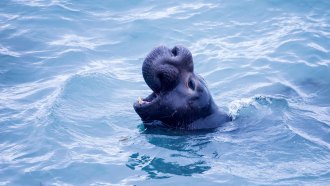 Life
LifeThese scientific discoveries set new records in 2023
This year’s record-breaking findings shed new light on human history and the most amazing feats in the animal kingdom.
-
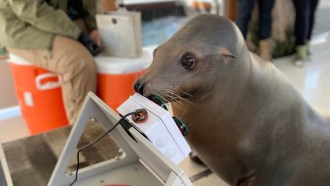 Animals
Animals50 years ago, the U.S. Navy enlisted sea lions and other marine mammals
Today, dolphins and sea lions in the U.S. Navy Marine Mammal Program protect harbors and participate in research on animal health and well-being.
-
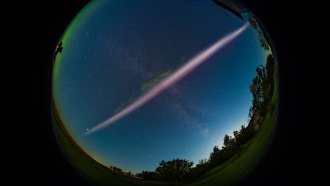 Earth
EarthSTEVE and other aurora-like glows perplex scientists with their complex physics
New views of STEVE from citizen scientists keep raising questions about the atmospheric light show — but computer models may offer some answers.
-
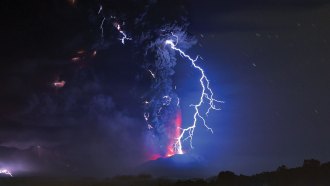 Earth
EarthHere are some big-if-true scientific claims that made headlines in 2023
Hominid cannibalism, “dark stars,” the secrets of Earth’s core and more tantalizing findings will require more evidence before scientists can confirm them as fact.
-
 Animals
AnimalsA new species of hedgehog stands out for its short spikes
At first, the eastern forest hedgehog was mistaken for its cousin. Dental and DNA analyses eventually confirmed the critter is a species new to science.
-
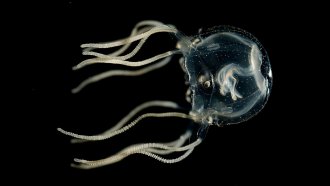 Animals
AnimalsThese brainless jellyfish use their eyes and bundles of nerves to learn
No brain? No problem for Caribbean box jellyfish. Their seemingly simple nervous systems can learn to avoid obstacles on sight, a study suggests.
-
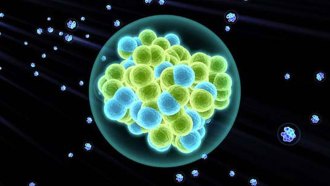 Chemistry
Chemistry50 years ago, the quest for superheavy elements was just getting started
In the 1970s, scientists were on the hunt for superheavy elements. They’ve since found more than a dozen and are searching for more.
-
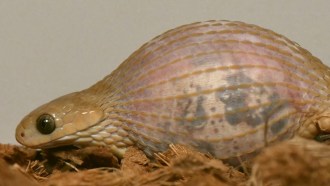 Animals
AnimalsA little snake’s big gulp may put all other snakes to shame
The humble Gans’ egg-eater can wrap its mouth around bigger prey than any other snake of its size.
-
 Neuroscience
NeuroscienceHere’s what lucid dreamers might tell us about our sleeping minds
Lucid dreaming could prove to be a powerful tool for probing dreams, one of the most universal yet elusive human experiences.
-
 Health & Medicine
Health & Medicine50 years ago, enzyme injections showed promise for treating a rare disease
Enzyme replacement can offer relief to people with rare diseases. Now, scientists have found a way to treat one disease before a person is even born.
-
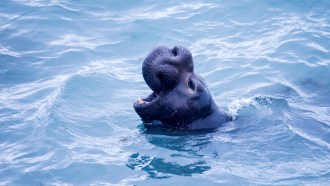 Animals
AnimalsNorthern elephant seals sleep just two hours a day at sea
The marine mammals have truly awesome stamina for staying awake, sleeping only minutes at a time on months-long trips at sea.
-
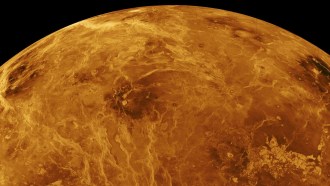 Planetary Science
Planetary ScienceVenus has almost 50 times as many volcanoes as previously thought
Where are there NOT volcanoes on Venus? A new map of the planet unveils a veritable volcanic bonanza.